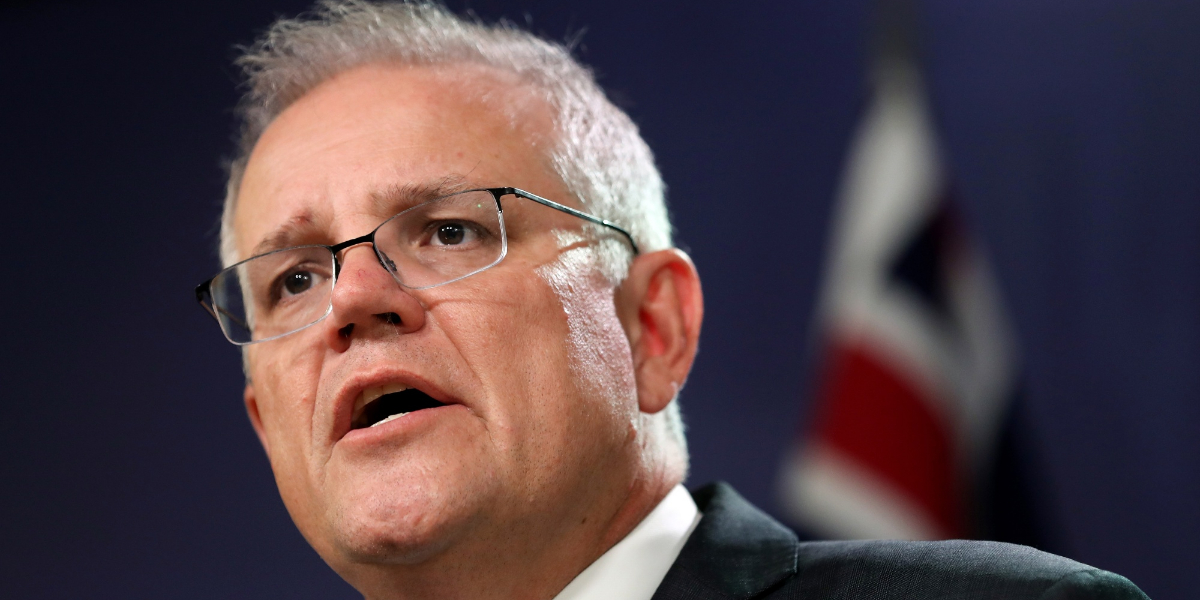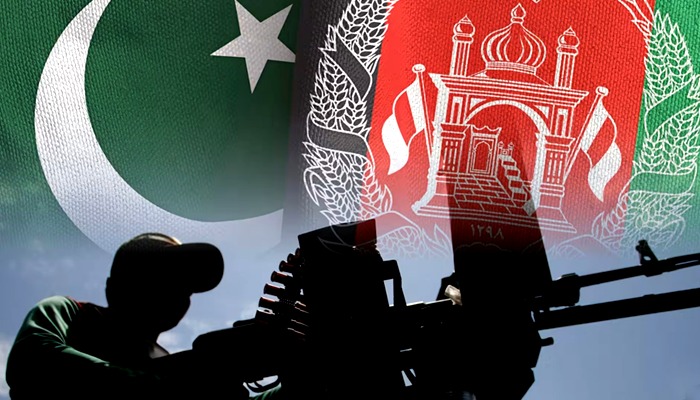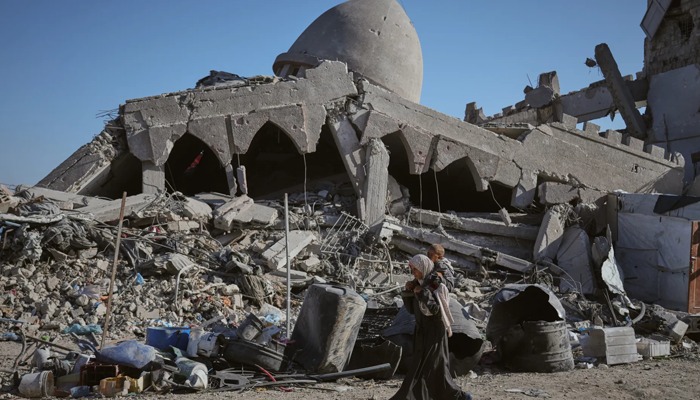Australia’s center-right Liberal-National coalition is struggling to make up ground against the opposition Labor Party at the halfway point of the 2022 election campaign, with new polling indicating the government is on track to lose power on May 21.
The Labor Party is leading the coalition government by 53% to 47% for the fourth week in a row, according to a new opinion survey by Newspoll published in The Australian newspaper on Sunday. If the result was replicated on election day, the newspaper said Labor would win power with about 79 seats in Australia’s 151-seat parliament.
The Liberal-National government is campaigning for a rare fourth term in power off the back of a strong economy and record-low unemployment rates. Meanwhile, Labor has made rising cost-of-living pressures and low wages the center of its push to win government.
A likely increase in interest rates on Tuesday, the first in more than a decade, is expected to put further pressure on the ruling coalition.
After some early tightening in the first week of the election, when Labor leader Anthony Albanese struggled to remember key economic figures and policy details, the government has failed to make significant polling gains on the opposition.
However, Prime Minister Scott Morrison was trailing in the polls throughout the 2019 campaign, only to win a surprise victory on election day.
A second survey released on Sunday from Resolve showed the government trailing Labor 54% to 46%, with Albanese closing the gap on Morrison as the country’s preferred prime minister. Launching his campaign in Western Australia on Sunday, Albanese said he believed Australia “deserves better” than the incumbent government.
Both surveys showed a big increase in support for minor parties and independent voters, raising the possibility of a hung parliament if neither major party obtains the 76 seats to form a majority.



















